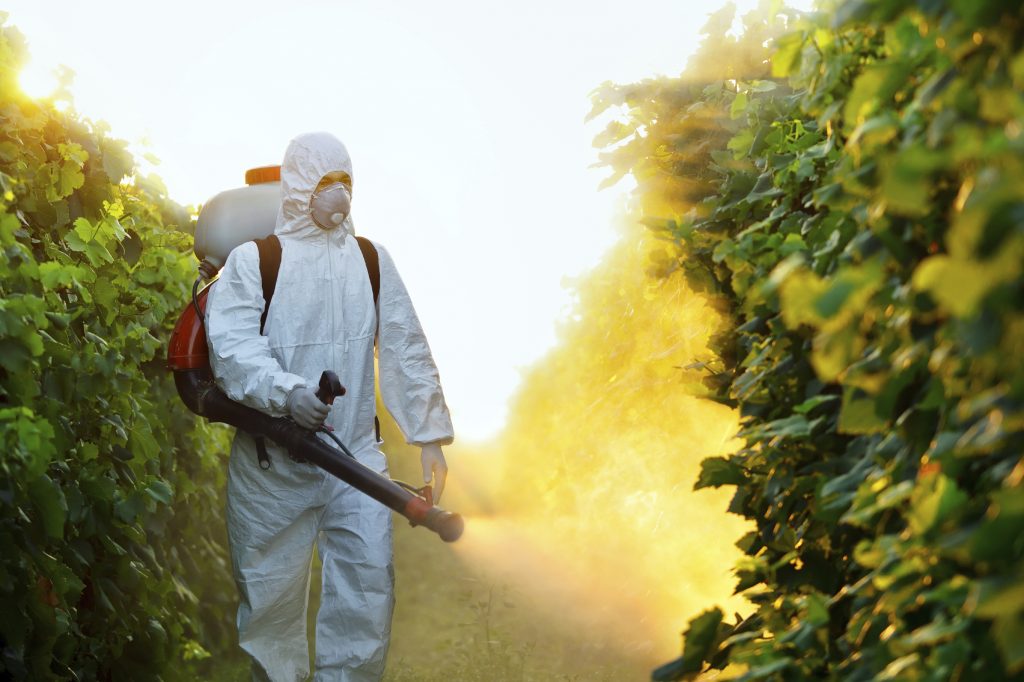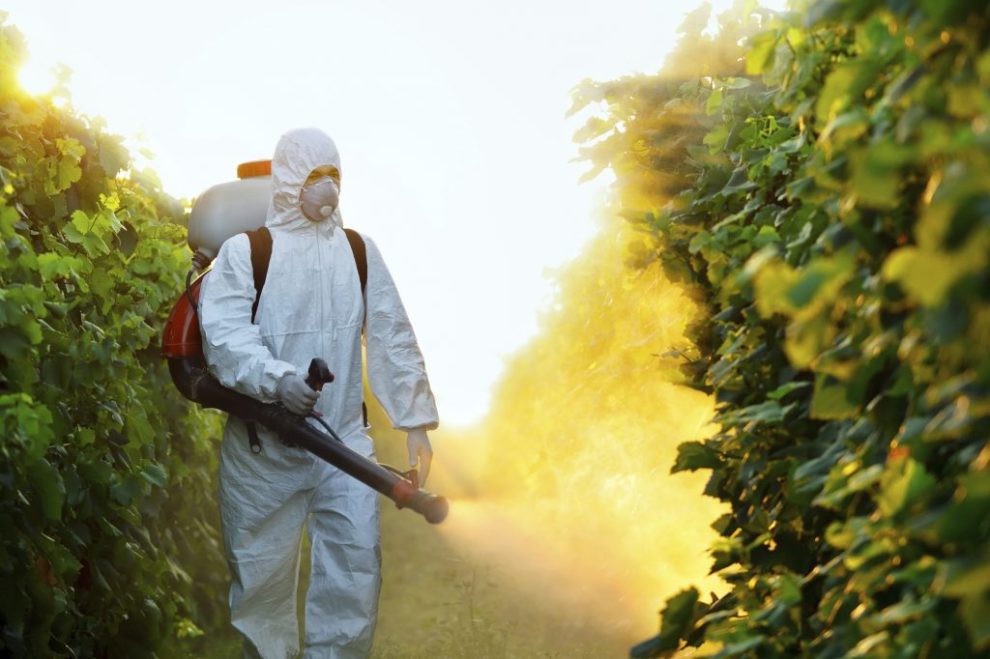Heavyweights in the agricultural industry are lobbying for the continued use of pesticides in crop production after the Make America Healthy Again Commission released a report targeting pesticide usage.
The report, issued at the direction of President Donald Trump via executive order, raises concerns about the safety of these chemicals, commonly used for farming. Titled the “Make Our Children Healthy Again” assessment, the report cites several studies that found that herbicide exposure can cause harmful health effects ranging from reproductive and developmental disorders to cancers.
The MAHA Commission is scheduled to submit a strategy plan to Trump in August based on the assessment’s findings.
MAHA’s imminent crackdown on environmental chemicals has certain “deeply troubled” agricultural groups contacting Congress directly to plead their case for pesticides.
The National Corn Growers Association is in the nation’s capital this week to meet with around 150 congressional offices and senior Trump administration officials at the United States Department of Agriculture, Environmental Protection Agency, and other federal agencies, according to POLITICO Influence.
Farmers from more than two dozen states will reportedly rally behind pesticides as part of the lobbying efforts in Washington, D.C. The arrival of corn growers from across the country on Capitol Hill coincides with the NCGA’s bi-annual Corn Congress, marketed as a key event for farmers to nurture legislative relationships. While in town, the NCGA is urging fellow corn growers to act as “a force multiplier” by reaching out to their respective representatives ahead of the August 12 release of the MAHA Commission’s implementation strategy.

The NCGA warns that reshaping U.S. pesticide policy could cost farmers and consumers financially. In response to the MAHA report, which the association says includes “misleading and alarmist statements” regarding “time-tested” pesticides, NCGA released a rebuttal report on the economic importance of widely-used pest deterrents such as pesticides, championing them as critical tools for farmers to grow affordable and abundant food.
Months before the MAHA report was released, over 300 agricultural advocacy organizations, including the NCGA, had sent a letter to top Trump officials in Washington calling for the commission to consider the purported benefits of pesticides.
The March 7 letter addressed to the U.S. Health and Human Services Secretary Robert F. Kennedy, EPA Administrator Lee Zeldin, and USDA Secretary Brooke Rollins was signed by various national and state-level coalitions in the farming industry, such as the American Farm Bureau Federation and the Fertilizer Institute.
RFK JR. AND ROLLINS OUTLINE MAHA NUTRITION AGENDA
Despite this rising revolt against the MAHA agenda concerning pesticide practices, industry powerhouses could see some sympathy from friendly faces in the Trump administration.
MAHA critic Kyle Kunkler, a longtime lobbyist in the farming sector, was tapped last month to head the EPA’s pesticides subdivision.
Kunkler, formerly the director of government affairs for the pro-pesticide American Soybean Association (ASA), is now in charge of the U.S. agency’s regulatory pesticides program, which is housed within the EPA’s Office of Chemical Safety and Pollution Prevention.
For years, Kunkler advocated the use of industrial chemicals in American agriculture. At the ASA, Kunkler’s work focused on ensuring that farmers continually have cheap access to chemical products, which the ASA argues are essential for high yields. In 2020, his first year at the ASA, CropLife America, a significant trade association for pesticide manufacturers, gave Kunkler its annual Rising Star Award.
Kunkler previously pushed policies promoting genetically engineered crops and chemical fertilizers while working for the Biotechnology Innovation Organization, whose members include the chemicals corporation BASF and Corteva Agriscience, a company that provides crop production products such as herbicides, insecticides, and fungicides.
Kunkler’s appointment to this top EPA role increases the number of agency appointees chosen from the agricultural industry.
At least 8 billion pounds of pesticides are used each year in food systems around the world, with the U.S accounting for approximately 11%, or more than 1 billion pounds, according to the U.S. Geological Survey.
























